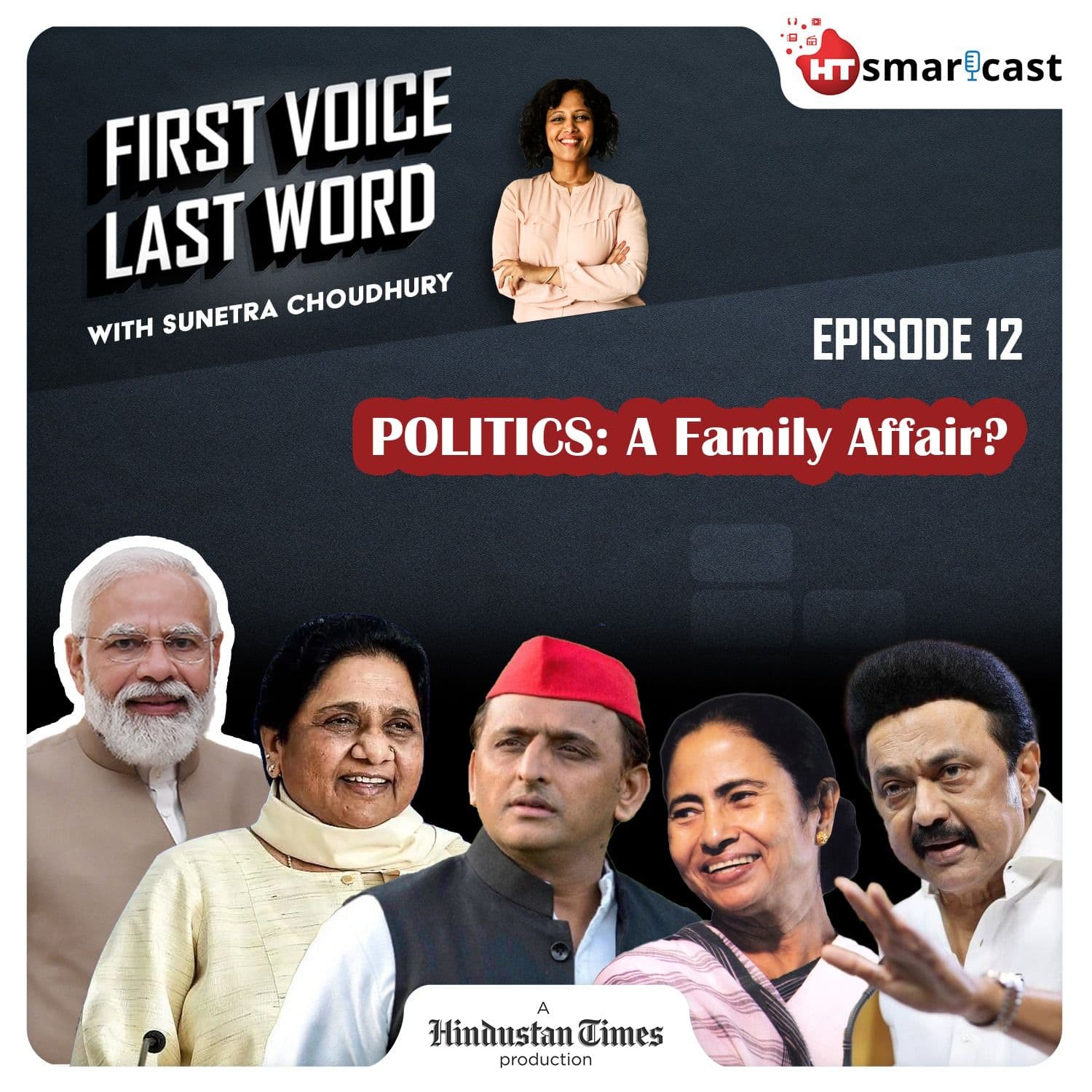Miscellaneous
In this edition of First Voice Last Word, our weekly podcast on Indian politics, HT's National Political Editor Sunetra Choudhury looks at why Prime Minister Narendra Modi has taken up a campaign against dynastic politics. The Prime Minister announced it as part of his speech on Independence day and he seemed to make a connection between corruption and dynastic politics but is that reflective of how things are? We spoke to Congress MP Gaurav Gogoi, who is the quintessential politician from a political family. His father, Tarun Gogoi was a three-time chief minister of Assam and also served as a Congress MLA and MP for several terms. But Gaurav's point and the point that other dynastic politicians make is that, while they get an advantage and recall in the first election, in all other elections, it becomes a level playing field. That's why, even though the constituency has become a family stronghold since 1991, Gaurav getting 55% of the vote share in 2019, gives him legitimacy. ``Being from a political family no doubt helps you in building those relationships, but ultimately people will judge you on the basis of your track record. If in parliament I don’t speak up for my state, if I don’t spend time with my voters, and understand the aspirations of different sections of society, and if I don’t try to resolve their issues, then people will not vote for me. People are not in awe of your political lineage for too long. They will judge you on the basis of the causes that you’re fighting for, on the amount of time you invest in building relationships with them, and they will judge you for your sincerity and integrity,'' he said. Political scientist and fellow at the Centre for Policy Rahul Verma feels that post-2019, BJP is trying to expand itself in states where regional parties are strong. ``The PM’s speech on 15 August 2022-basically called dynasticism as one of the two great evils that this country is facing at the moment. So, if you see that BJP is trying to expand itself in Bengal, and Telangana and in both these states- state-level formations are led by in some ways political families. The party will also try to expand itself in Maharashtra, and in Bihar now after JDU has left and joined hands with the RJD. Going forward, this plank is going to be one of the important platforms on which the BJP is going to build its campaign on. And remember, the plank of dynasticism, is also closely tied with corruption and nepotism and it's also tied to inability to govern and deliver things properly. So BJP is trying to build a very powerful message around dynasticism, corruption, and misgovernance,'' he said. However, what's important to point out is that while the BJP is making dynastic politics a major issue, they do have several leaders from political families- Piyush Goyal, Dharmendra Pradhan, Jayant Sinha, Devendra Fadnavis and so many others. But for some reason, it doesn't stick to them as much as it sticks to other parties like the Congress or the DMK or so many other regional parties. According to data put together by academic Kanchan Chandra in her book democratic dynasties, dynasts are everywhere. For instance, while the Congress had one of the highest numbers of dynasts in the 2014 elections, with more than 47% from some families, the Bhartiya Janata party also had 14% of dynasts, which was a drop from the previous figure of 19%. In fact, Chandra's2016 book says that 22% of the MPs, 33% of India’s current chief ministers, and the leaders of 36% of parties in Parliament have a dynastic background. So how is it that the BJP is able to avoid the dynastic association even tho it has many dynasts in its ranks? For more, listen in to this episode.

